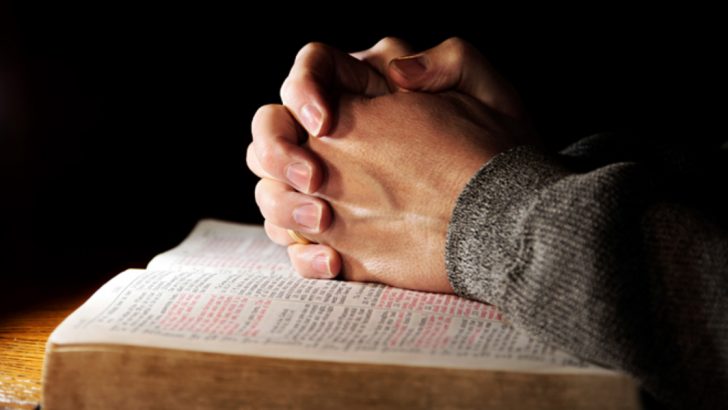Someone at the weekend asked me if I am optimistic about the future of the Church in Ireland. I replied that I preferred to use the word ‘hopeful’.
In our regular discourse, we often use the words hopeful and optimistic interchangeably. But, in the Bible hope and optimism are not the same thing. Unlike optimism, hope is not determined by natural temperament or assessing what is possible. Hope is grounded in belief in God and the knowledge that God keeps his promises. While hope is eternal, optimism can be all too ephemeral.
It may not always seem it, but our Faith assures us that – ultimately – everything will turn out for the good. When Jesus talks about Faith, he identifies the enemy of Faith as anxiety.
There are numerous instances in the Gospel where he encourages people to have Faith and not let anxiety diminish their Faith or hope. That’s why in the Lord’s Prayer we ask for our “daily bread” not our annual bread or our five-year-plan of bread.
The good
Julian of Norwich summed it up when she said that “and all will be well, all manner of thing shall be well”. In the end, all will be well. Maybe not at the beginning, or maybe not in the middle – but in the end, everything will turn out for good.
I think it’s an important truth to know in the Church in Ireland in this present moment. We are experiencing what we might even call a period of exile. But, while the Bible teaches us that exile for the Israelites was a time of great pain, confusion and anxiety it was also a time for growth and maturity.
Today, we might use a phrase like ‘how can the Church be relevant in contemporary Ireland?’”
The challenges facing the Church in Ireland today are not a million miles away from the challenges facing the Jewish people in exile after the Babylonian conquest. The ancient Israelites had the dilemma “how shall we sing the Lord’s song in a foreign land?”
Today, we might use a phrase like “how can the Church be relevant in contemporary Ireland?”
It’s a question that the Church must ask itself in every generation. And Catholics must be able to read the signs of the time and interpret the times in the light of the Gospel.
Reflecting on the turbulent moments in his papacy, Pope Emeritus Benedict XVI said in 2013: “I can say that the Lord has truly led me, he has been close to me, I have been able to perceive his presence daily.
“It has been a portion of the Church’s journey which has had its moments of joy and light, but also moments which were not easy; I have felt like St Peter with the apostles in the boat on the Sea of Galilee: the Lord has given us so many days of sun and of light winds, days when the catch was abundant; there were also moments when the waters were rough and the winds against us, as throughout the Church’s history, and the Lord seemed to be sleeping.
“But I have always known that the Lord is in that boat, and I have always known that the barque of the Church is not mine but his. Nor does the Lord let it sink; it is he who guides it, surely also through those whom he has chosen, because he so wished. This has been, and is, a certainty which nothing can shake.
Many Irish Catholics will identify with feeling that the Lord is sometimes asleep”
“For this reason, my heart today overflows with gratitude to God, for he has never let his Church, or me personally, lack his consolation, his light, his love,” Benedict said.
Many Irish Catholics will identify with feeling that the Lord is sometimes asleep. And yet, our Faith teaches us that it is often when we think that all seems lost that God shows his power to transform and heal.


 Michael Kelly
Michael Kelly
